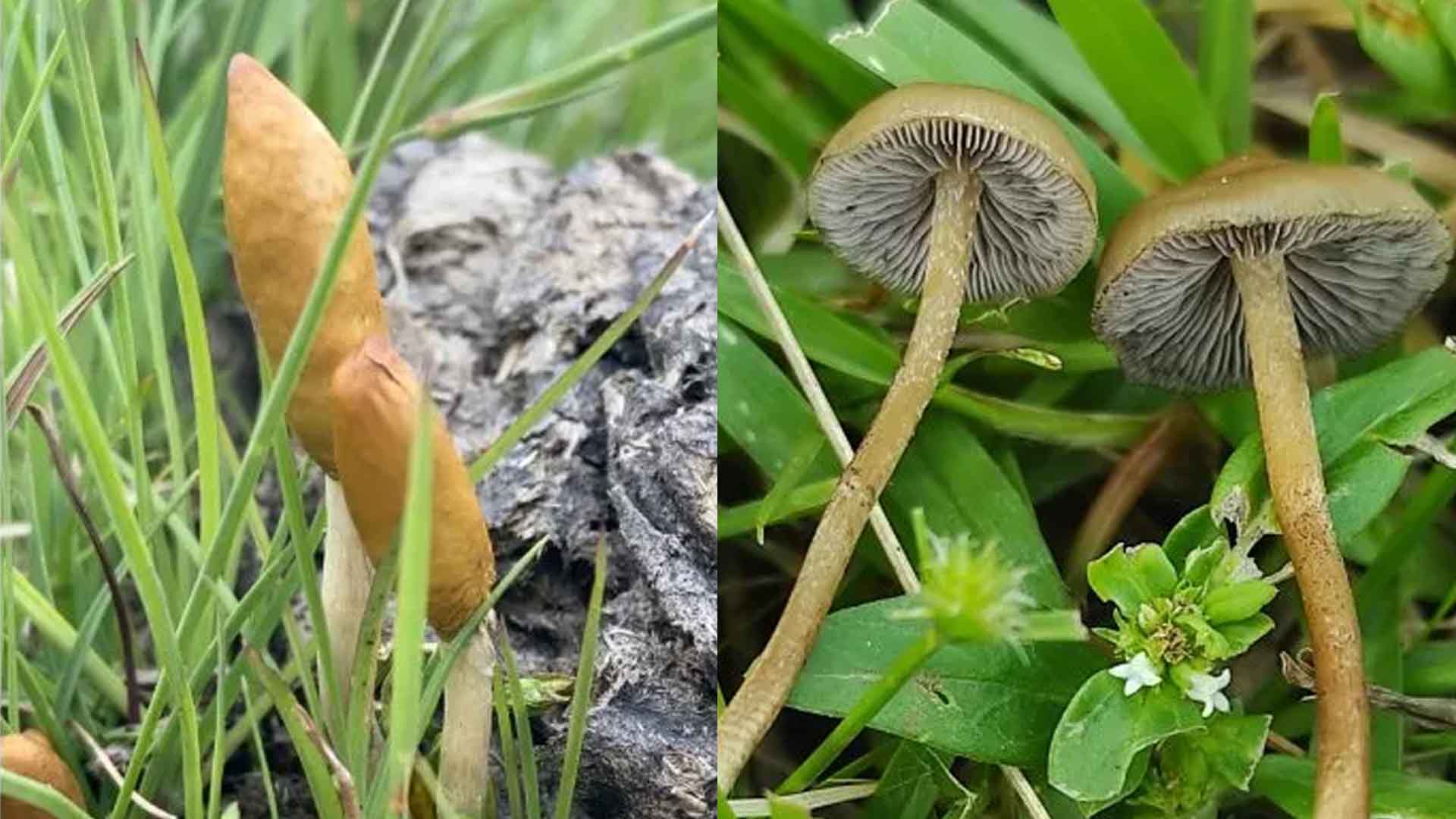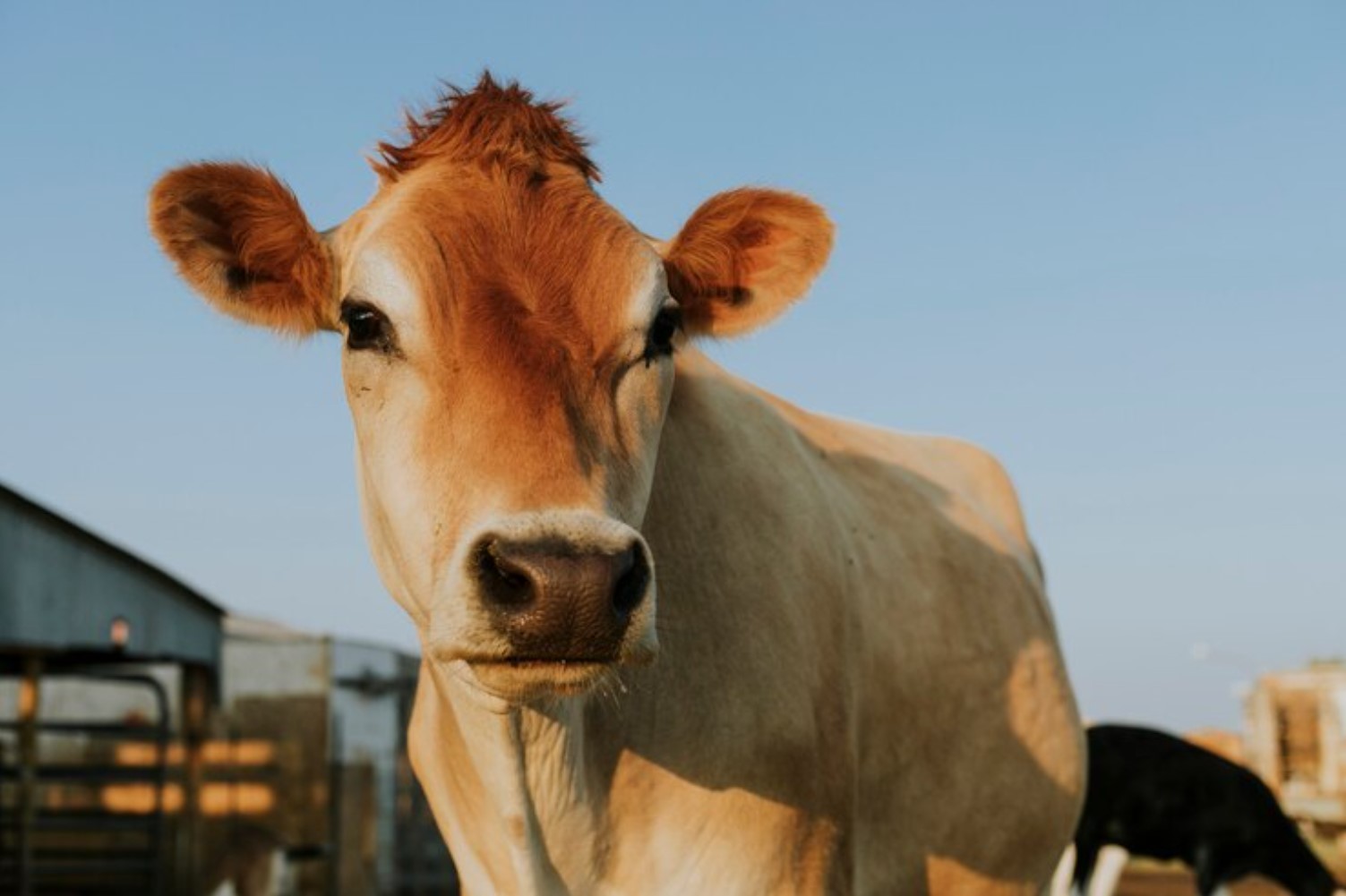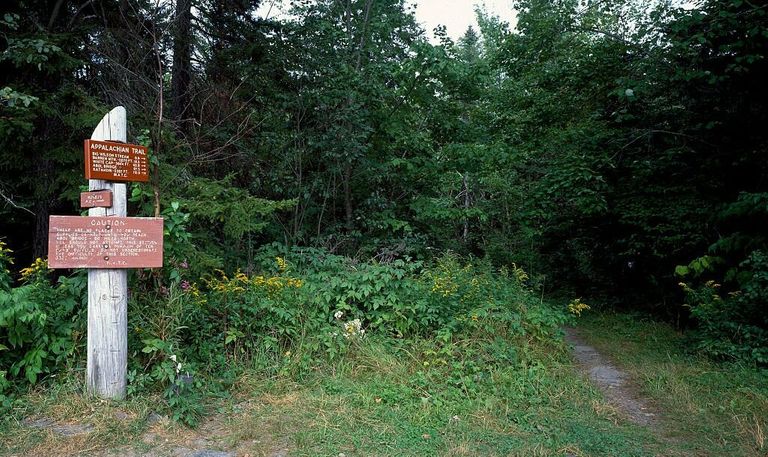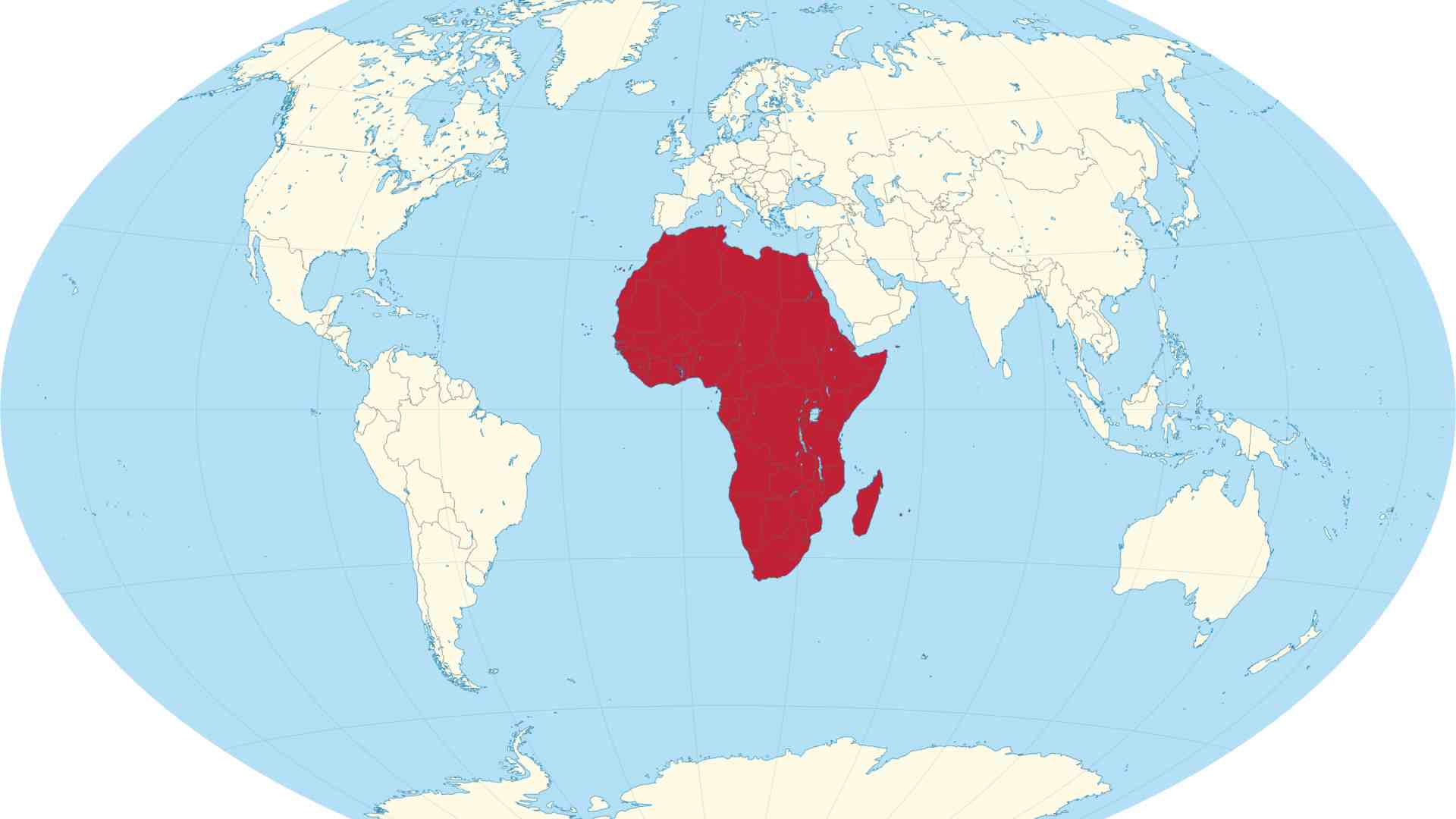New Hallucinogenic Mushrooms Discovered in Southern Africa
Scientists have made a groundbreaking discovery in southern Africa, identifying two new species of hallucinogenic mushrooms. This significant find adds to the Psilocybe genus, known for its psychoactive properties.
The mushrooms, Psilocybe ingeli and Psilocybe maluti, were documented in a recent study published in the journal Mycologia.
Introduction to Psilocybe Genus
The Psilocybe genus comprises around 140 species, many of which produce psilocybin, a compound that induces psychedelic effects in humans. These mushrooms grow in diverse climates and substrates worldwide.

Source: CULLEN TAYLOR CLARK
The discovery in Africa is particularly notable due to the limited number of known Psilocybe species indigenous to the continent.
Psilocybe ingeli: A Unique Find
In 2023, citizen mycologist Talan Moult discovered Psilocybe ingeli in the KwaZulu-Natal province of South Africa.

Source: Freepik
Found growing on pastureland enriched with bovine manure, this mushroom is characterized by its small size and hemispheric cap, distinguishing it from other known South African species.
Psilocybe maluti: Unusual Appearance
Psilocybe maluti was first documented in 2021 in the Free State province by Daniella Mulder. This species, also found on bovine manure, features an elongated, pointy cap that never fully opens.

Source: Freepik
This unique characteristic helped scientists identify it as a new species within the Psilocybe genus.
Role of Citizen Scientists
The discoveries of Psilocybe ingeli and Psilocybe maluti highlight the importance of “citizen scientists” in mycological research.

Carol M. Highsmith/Buyenlarge/Getty Images
Breyten van der Merwe from Stellenbosch University emphasized that the collaboration between researchers and mushroom enthusiasts is crucial for further studies and documentation of new species.
Expanding the Knowledge of African Mycology
The identification of these new species brings the total number of known Psilocybe species in Africa to six.

Source: Freepik
Van der Merwe noted that finding new African mushrooms is common, but discovering new Psilocybe species is relatively rare and exciting for both amateur and trained mycologists.
Psilocybe maluti in Lesotho
Further investigations revealed more Psilocybe maluti specimens in Lesotho, where the mushroom is traditionally used by Basotho healers.

Source: TUBS/Wikimedia
Known locally as “koae-ea-lekhoaba,” this mushroom induces trance-like states and plays a significant role in spiritual practices within the Basotho community.
Traditional Uses and Practices
In Lesotho, Basotho healers use Psilocybe maluti in various traditional recipes. One notable preparation involves steeping the mushrooms in warm water with the hallucinogenic plant Boophone distichs.

Source: Claudia Love/Unsplash
The resulting brew is consumed by patients, who then relay their visions to healers for interpretation.
Firsthand Reports of Traditional Use
This study provides one of the first recorded firsthand reports of hallucinogenic mushroom use in Sub-Saharan Africa.

Source: Deopsitphotos
The knowledge shared by Basotho healers and elders near the villages of Lejone and Laoti has been passed down through generations, highlighting the cultural significance of Psilocybe maluti.
Call for More Citizen Scientists
Van der Merwe encourages more citizen scientists to participate in mycological research.

Source: Freepik
The contributions of mushroom enthusiasts are invaluable for covering vast areas and uncovering new species, which would be impossible for a single researcher to achieve alone.
Genetic Analysis Confirms New Species
Both Psilocybe ingeli and Psilocybe maluti were confirmed as new species through genetic analysis.

Source: Sangharsh Lohakare/Unsplash
These findings convey the importance of advanced scientific techniques in identifying and classifying new fungal species.
Continuing Research and Exploration
The study authors believe there are undoubtedly more Psilocybe species in southern Africa waiting to be discovered.

Source: Wikimedia
Ongoing research and collaboration with citizen scientists will be essential in furthering the understanding of African mycology and uncovering new hallucinogenic mushrooms.
